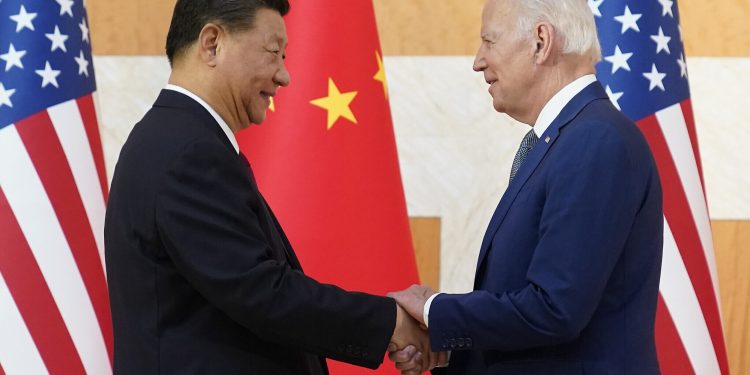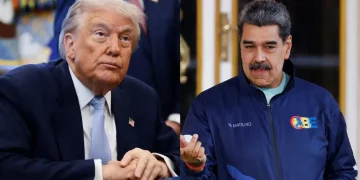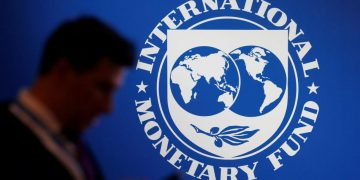The world can breathe a little more easily now since the two great powers – the US and China – have decided to call a truce and give up the path of brinkmanship. At least an illusion has been created to this effect. The optimists will find substance in the promise made by US President Joe Biden and his Chinese counterpart Xi Jinping to bring the world back from the danger of a resumption of cold war which appeared to be a distinct possibility. For, when the US and China speak the language of conciliation instead of confrontation, as they had been doing for the past few years, the rest of the world especially the Asian nations, can heave a sigh of relief. The simple reason is that the trajectory of economic growth and development has, as always, a political underpinning. This is why the recent G-20 summit emphatically announced that there is no mechanism for halting war and conflict, but for advancing the member countries’ economic interests that considerably hinge on the political climate.
Dramatically, a remarkable change of attitude has been brought about in the approach of the Americans and the Chinese towards each other. This is a welcome development at a time when the world’s economic outlook is gloomy with the looming threat of recession and deceleration of growth everywhere. One may wonder why Xi, who had stressed in his aggressive rhetoric at the 20th Chinese Communist Party Congress last month the need for a “fighting spirit” in a hostile international environment, is now singing a different tune. Similarly, Biden is sounding less belligerent towards China than what he was doing a month back.
Most of the time, foreign policies are geared to suit domestic interests, especially during elections. This time too, domestic interests seem to be influencing foreign policies of both China and the US. Xi appears to be keen on mending China’s relations with the rest of the world after successfully manoeuvreing to be China’s undisputed and most powerful leader getting a historic third term as the party and the country’s supreme boss. This new position of strength appears to have boosted his confidence to chart a new course of international relationships in which he wants to be looked upon as a reassuring figure.
Similarly, Biden has successfully campaigned in domestic politics to re-emerge as a liberal leader who can be trusted more than the rabid Right wing Republicans headed by former President Donald Trump in the recent Mid Term elections. This has given him the confidence to adopt constructive foreign policies that can bring economic benefits he desperately needs to stave off the crisis that has so far plunged his presidency into dire straits.
These are the weighty reasons for China and the US trying to adopt a collaborative approach and resume the mechanism of dialogue that was stalled after the House Speaker Nancy Pelosi’s visit to Taiwan three months back.
Though both sides talked tough on thorny issues, there is marked change in their approach. While laying down a hard line on Taiwan, the Chinese President’s three-hour meeting with Biden was described by the US President as “candid and clear” on subjects ranging from Taiwan to trade. China did accuse the US of breaching the “One China” policy in its pledge to protect Taiwan, but Biden reassured Xi that the US remained committed to the policy and “a new cold war” could be avoided. Xi got what he wanted in his meeting with Biden, as a limited apparent rapprochement made him appear more responsive. He seems to know other countries feel a higher comfort level to engage with China after seeing cordiality with Biden. This is why Xi has seized the moment and sought to reset relationships with these countries on a more positive footing.
At the first political show in his new avatar, Xi has tried hard to get international endorsement of his new role. His main goals are to repair Sino-US relations and relations with other countries, stabilise the North Korean situation and win over Europe. No tangible agreements have yet been signed, but, hopefully, the ice has been broken. Xi seems to send out a message that the US and the West can do business with China.
This is the most important development the world can hope for to tide over a snowballing economic crisis threatening massive job loss and food security. Added to this is the success of the COP27 agreement where the developed nations have, finally, agreed to set up a loss and damage fund that is expected to counter balance calamities caused due to climate change and more importantly the 1.5 C margin.







































